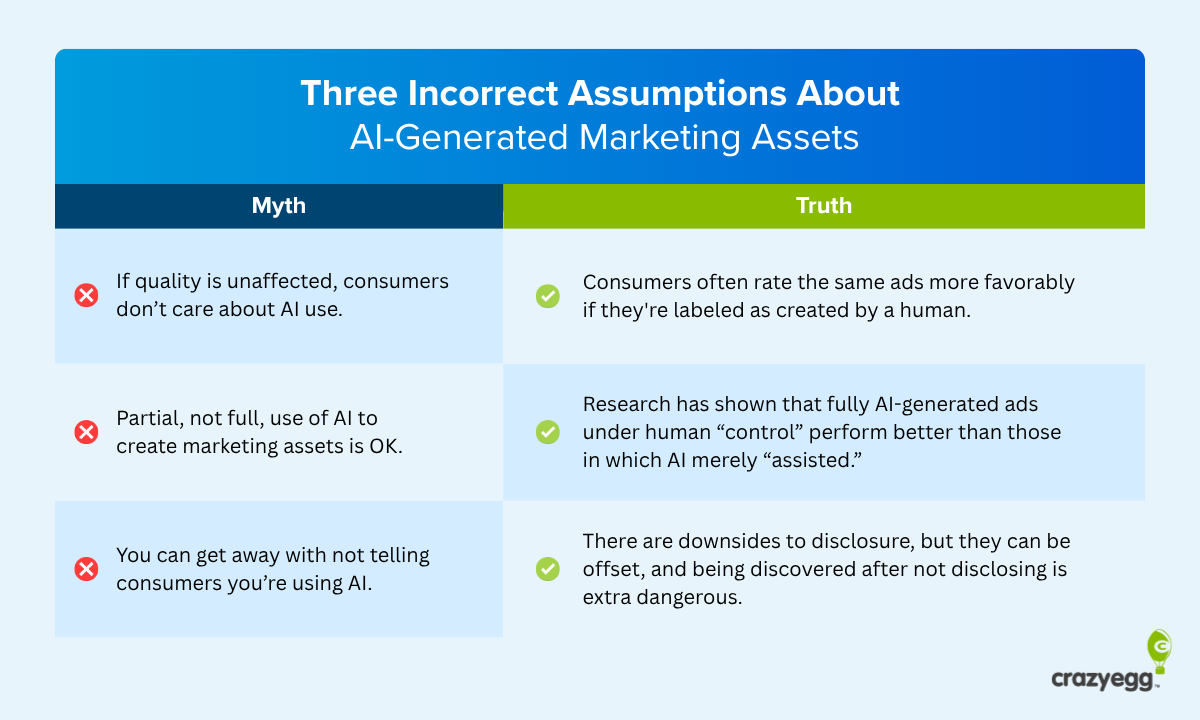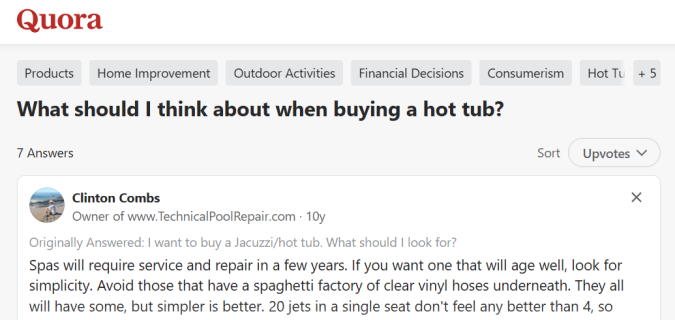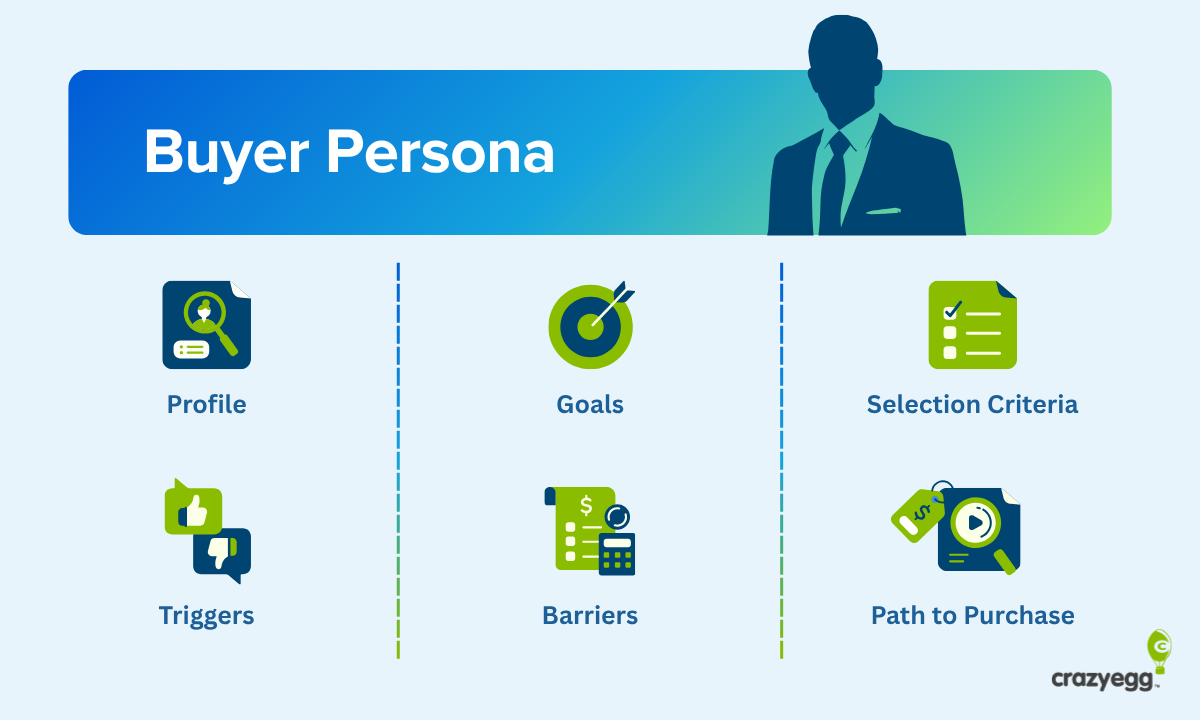Thanks to an unexpected Amazon.com gift card from a consulting client, I’ve been reading Tim Ferriss’ new book, The Four Hour Chef.
Now, honestly, I have no interest in learning how to cook. With two young kids and a wife who also works full-time, I feel just getting something edible on the table (as opposed to foraging in the meadow outside our house) is good enough at this stage in our lives.
But while the Four Hour Chef is about cooking, it’s really not about cooking. What it’s really about is how to learn any skill by boiling it down to its essentials so you can master it quickly and easily.
One of my favorite concepts in the book is the One Pager. The core concept behind a One-Pager is “to make something intimidating, unintimidating.”
Inspired by this idea, I decided to come up with a One-Pager of sorts for one of the more complicated topics I know about… Google AdWords.
So, here’s my how-to of Google AdWords strategy distilled down from seven years of AdWords experience to 876 words.
Set Your Goals
Know specifically what you’re looking to achieve with your campaign. Is it a specific number of leads per month? Do you want phone calls, newsletter signups, or sales on your site? Is there a certain cost per conversion you want to achieve?
Understand your goals first because they’ll affect how you set up and manage your campaign.
Do Your Research
This is where most of your time is spent when working on a new campaign. Here are the 3 types of research to do:
- Keyword Research – Use keyword tools to find the most relevant keywords people are typing into the search engines to find your product/service/company. Plan to spend at least a few hours on this…it’s the foundation of your campaign.
- Competitive Research – Study the companies bidding on these keywords in AdWords. See who consistently is ranking at or near the top of the rankings (you can use a spy tool like iSpionage to help). Note their ad copy and offers. Visit their websites. Sign up for their mailing lists. Purchase their products.
- Research Your Audience – Where are customers buying and reviewing products/services/businesses like yours online? Read their reviews. What do they love/hate about your competition? What are the deep needs/desires they’re looking to fulfill? What emotions are they expressing? While researching them, look for great quotes you can use for ad copy.
It’s All About the Landing Page/Offer
An irresistible offer on your landing page will overcome a lot of other deficiencies in your AdWords campaign. During your research you saw exactly what all your top competitors are offering. How can you offer something unique/different/better?
Use Exact Match Keywords
When first starting out with AdWords, keep your keyword list very small (5 – 10 keywords) and very focused (the ones people ready to buy are most likely typing into Google). Add all these keywords to your campaign as Exact Match keywords (meaning your ads will only be displayed when someone types that exact term into Google). This ensures your ads only show up for the most relevant search queries and not for variations Google thinks are relevant, but aren’t.
Over time, eliminate the keywords that aren’t getting clicks/conversions and expand upon the ones that are.
For example, if “dentist Austin” is working for you, add more Exact Match variations of it to the campaign. Do this by pairing the word “dentist” with zip codes, nearby cities, and by using variations like “dentists near Austin TX”, “dentists in Austin”, etc.
Group Related Keywords Into Ad Groups
Each keyword in your campaign represents a conversation going on in the mind of your prospects. The more you can continue that conversation in your ads and landing pages, the more likely you’ll get the conversion.
Ideally every keyword would be in its own ad group with unique ads that lead to a unique landing page. But that’s not practical in most situations.
So group your keywords into tightly related ad groups based on the searcher’s intent. For example, keywords that include “buy”, “purchase”, “best deals”, etc. represent people closer to the end of the buying cycle. The ads and landing pages for these keywords should be more focused on closing the sale.
Keywords that include “reviews”, “information”, “how to”, etc. represent people still doing their homework so the ads and landing pages should be more educational in nature.
Segment It
Search Network traffic is different than Display Network traffic. Mobile traffic is different than traffic from Desktops/Laptops. Tablet traffic is yet another animal. Traffic from the U.S. is different than traffic from the U.K. Keywords that convert are much different than those that don’t.
Segment the types of traffic that are most important to you out into their own campaigns. Give them their own budgets, landing pages, keywords, etc.
Go With Relevant, Unique, Proven Ads
Ad copy should:
- Be highly relevant to the keywords they’re being displayed for (including the exact terms when possible)
- Stand out from the competition with different offers, benefits, etc.
- Reflect the messaging/offer on your landing page(s).
And make your ads prove their worth. To do this, place at least 2 ads in each ad group and split test them. As a general rule of thumb, after each ad has at least 30 clicks, delete the lower performing ad and replace it with a new one.
Rinse and repeat this process over time and watch your Clickthrough rates and Quality Scores rise.
Track Conversions
Whatever the goals for your campaign, track your results.
Track downloads, newsletter signups, sales, etc. with AdWords conversion tracking. If phone calls are what you’re after, use a Call Tracking service.
Use AdWords, Analytics and/or Excel to compare your key conversion data with your goals on a regular basis and make the necessary adjustments to your campaign.
Mine the Data
You get data from AdWords you can’t get anywhere else. Take advantage of it.
Mine your keyword data to find keywords that are good candidates for Search Engine Optimization (SEO).
Test different messages, headlines and offers in your ads. When you find ones that people really respond to, test them on your landing pages and in other marketing media.
Used this way, AdWords can be the grease that lubes your entire marketing engine.
That’s it. That’s my One-Pager on the how-to of Google AdWords strategy. It’s easy to get caught up in the more tactical/technical aspects of AdWords.
Don’t sweat that stuff. Either learn the basics yourself or find someone who’s familiar with that side of things to help. But keep in mind that that’s the low value side of things and is not where the AdWords game is won or lost.
Instead, focus your attention on the strategic side of things laid out in the One-Pager above. Getting these things right is what separates an average AdWords campaign from a highly successful one.






